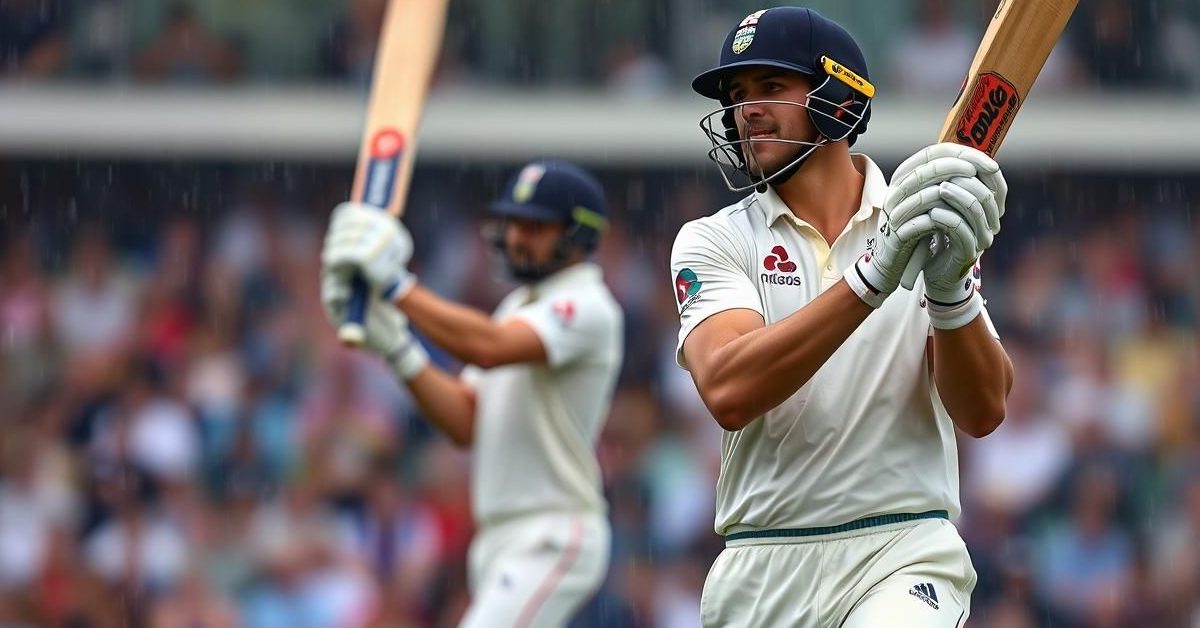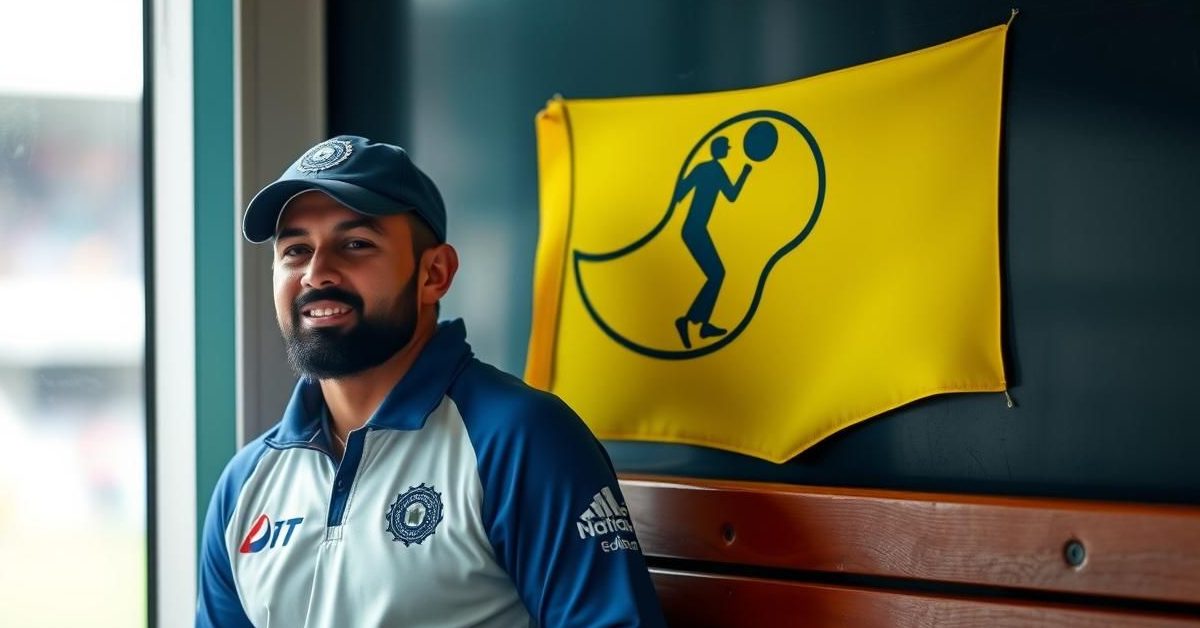Cricket legend Geoffrey Boycott has sharply criticised England’s approach following their recent Test match against India, praising India’s resilience and highlighting concerns over England’s bowling and on-field conduct.
“Tough Cookies” and Turning the Tables
Geoffrey Boycott, the former England opener, didn’t hold back his thoughts on Ben Stokes’s team after India refused their offer for a draw on the final day of the fourth Test in Manchester.
Boycott suggested that England got a taste of their own medicine. He pointed out that England players often “chip away” at opponents with their words, so they shouldn’t expect special treatment when the tables turn.
He particularly admired India’s Ravindra Jadeja and Washington Sundar, who were nearing centuries when England tried to call it quits. “These India players are tough cookies. They do not take a backward step,” Boycott stated. He added, “There is no way I would have let anyone drag me off on 89 after I had worked hard all day.”
The Sledging Backlash
The match was apparently rife with verbal exchanges from the England side. Ben Stokes himself was heard asking Jadeja, “You want a hundred against Brook and Duckett?”
Other English players like Harry Brook, Jofra Archer, Zak Crawley, and Ben Duckett also reportedly made comments, urging the Indian batsmen to finish up or questioning their intent.
Boycott observed that such “mouthing off” is more prevalent in modern cricket than in his playing days. He believes this behaviour will only fuel India’s determination for the next Test at The Oval.
England’s Bowling Weaknesses Exposed
Beyond the verbal jousting, Boycott highlighted a critical flaw: England’s bowling attack. He noted that the draw at Old Trafford clearly exposed deficiencies.
A major red flag, according to Boycott, is when the team’s best bowler across both innings turns out to be the captain, Ben Stokes, who is primarily a batsman. While praising Stokes’s “tremendous effort,” he felt the rest of the bowlers, apart from Jofra Archer at times, were ineffective.
Concerns for Jofra Archer’s Workload
Boycott also raised questions about Jofra Archer’s fitness, especially after his long absence from Test cricket. He noticed Archer seemed “puffing and blowing a bit” in the second innings, which is understandable given he’s bowled 89 overs across two Tests after four years out.
He urged caution, warning England not to push Archer too hard too soon. Boycott drew a parallel to Archer’s previous injury in New Zealand under Joe Root’s captaincy, stressing the need to protect such a valuable asset.
Scrutiny on Other Bowlers
The former batsman also assessed other members of the bowling attack. Brydon Carse, despite his “big heart,” was criticised for an inconsistent length, often bowling too short on flat pitches.
Chris Woakes, in Boycott’s view, “is not going to cut it at Test level when pitch is flat.” Liam Dawson, a spinner, was described as “gentle and steady but there was no venom.”
The “Bazball” Pitch Dilemma
Boycott connected the bowling struggles to the type of pitches being prepared for England’s “Bazball” style of play. These flat, low-bounce surfaces, designed to help England’s batsmen score quickly, simultaneously undermine their bowlers.
Ultimately, Boycott concluded that the Old Trafford pitch was the true winner of the Test. However, he stressed that the match served as a significant “alarm bell” regarding the state of England’s bowling attack.
- Geoffrey Boycott praised India for refusing a draw, citing England’s own “gobby” nature.
- He admired Indian batsmen Jadeja and Sundar for their determination to reach centuries.
- Boycott highlighted England’s excessive sledging and its potential to motivate opponents.
- The match exposed significant weaknesses in England’s bowling attack, with captain Ben Stokes being the standout bowler.
- Concerns were raised about Jofra Archer’s workload and the performance of other bowlers like Carse, Woakes, and Dawson on flat pitches.
The Test match, despite the draw, has clearly ignited a debate about England’s strategy, on-field behaviour, and the depth of their bowling resources as the series continues.













